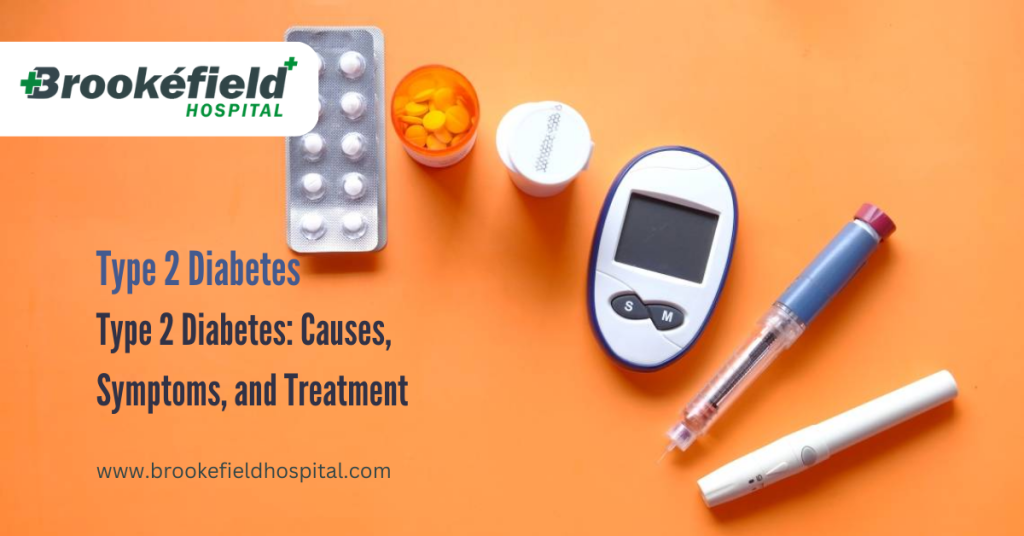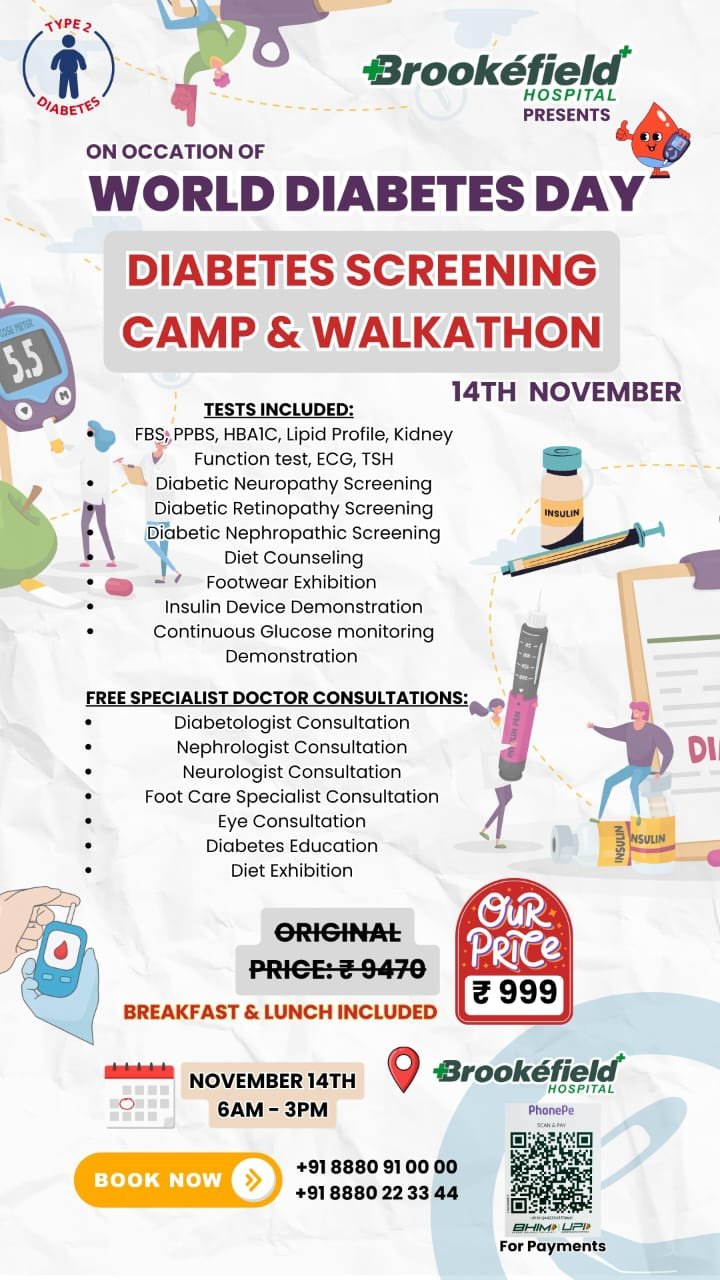Type 2 Diabetes is a prevalent health condition that affects millions of people globally. It is a chronic disease characterized by high blood sugar levels caused by insulin resistance or insufficient insulin production. If left untreated, Type 2 Diabetes can lead to several serious health complications such as heart disease, kidney failure, and blindness.
This article aims to provide a comprehensive guide to Type 2 Diabetes, including its causes, symptoms, treatments, and prevention.
Causes
Type 2 Diabetes is primarily caused by a combination of lifestyle and genetic factors. The following are some of the most common causes of Type 2 Diabetes:
- Obesity: Being overweight or obese is one of the leading causes of Type 2 Diabetes.
- Sedentary Lifestyle: A sedentary lifestyle, characterized by little or no physical activity, increases the risk of developing Type 2 Diabetes.
- Poor Diet: A diet high in sugar, fat, and processed foods can increase the risk of Type 2 Diabetes.
- Family History: A family history of Type 2 Diabetes increases the risk of developing the condition.
- Age: The risk of developing Type 2 Diabetes increases with age.
Symptoms
The symptoms of Type 2 Diabetes can be mild or severe, and they can develop gradually or appear suddenly. Some of the common symptoms of Type 2 Diabetes include:
- Increased Thirst: People with Type 2 Diabetes often feel thirsty and need to drink more fluids than usual.
- Frequent Urination: Type 2 Diabetes can cause an increase in urine production, leading to frequent urination.
- Fatigue: People with Type 2 Diabetes often feel tired and sluggish.
- Blurred Vision: High blood sugar levels can cause blurred vision.
- Slow Healing: Wounds and infections take longer to heal in people with Type 2 Diabetes.
What Are the Main Signs of Diabetes?
Treatment
The treatment of Type 2 Diabetes focuses on managing blood sugar levels and preventing complications. The following are some of the common treatments for Type 2 Diabetes:
- Lifestyle Changes: Lifestyle changes such as maintaining a healthy diet, regular exercise, and weight loss can help manage Type 2 Diabetes.
- Medications: Medications such as Metformin, Sulfonylureas, and Insulin can help manage blood sugar levels in people with Type 2 Diabetes.
- Monitoring Blood Sugar Levels: Regular monitoring of blood sugar levels can help people with Type 2 Diabetes manage their condition effectively.
- Surgery: Bariatric surgery can help people with Type 2 Diabetes lose weight and improve blood sugar control.
Prevention
Type 2 Diabetes can be prevented or delayed by adopting healthy lifestyle habits. The following are some of the ways to prevent Type 2 Diabetes:
- Maintain a Healthy Weight: Maintaining a healthy weight through regular exercise and a balanced diet can help prevent Type 2 Diabetes.
- Eat a Healthy Diet: A diet rich in fruits, vegetables, whole grains, and lean protein can help prevent Type 2 Diabetes.
- Exercise Regularly: Regular exercise can help prevent Type 2 Diabetes by improving insulin sensitivity.
- Avoid Smoking: Smoking increases the risk of developing Type 2 Diabetes.
Frequently Asked Questions (FAQs):
Q: What is Type 2 Diabetes?
A: Type 2 Diabetes is a chronic condition characterized by high blood sugar levels caused by insulin resistance or insufficient insulin production.
Q: What are the symptoms of Type 2 Diabetes?
A: The symptoms of Type 2 Diabetes can include increased thirst, frequent urination, fatigue, blurred vision, and slow healing.
Q: How is Type 2 Diabetes treated?
A: Type 2 Diabetes is treated through lifestyle changes such as a healthy diet and regular exercise, medications, and monitoring blood sugar levels.
Q: Can Type 2 Diabetes be prevented?
A: Yes, Type 2 Diabetes can be prevented or delayed by adopting healthy lifestyle habits such as maintaining a healthy weight, eating a healthy diet, exercising regularly, and avoiding smoking.
Conclusion:
Type 2 Diabetes is a chronic condition that affects millions of people worldwide. While the condition can have serious health complications if left untreated, it can be managed through lifestyle changes, medications, and monitoring blood sugar levels. Adopting healthy lifestyle habits such as maintaining a healthy weight, eating a healthy diet, exercising regularly, and avoiding smoking can also help prevent the development of Type 2 Diabetes. If you suspect you may have Type 2 Diabetes, it is important to speak with your healthcare provider for proper diagnosis and treatment.




